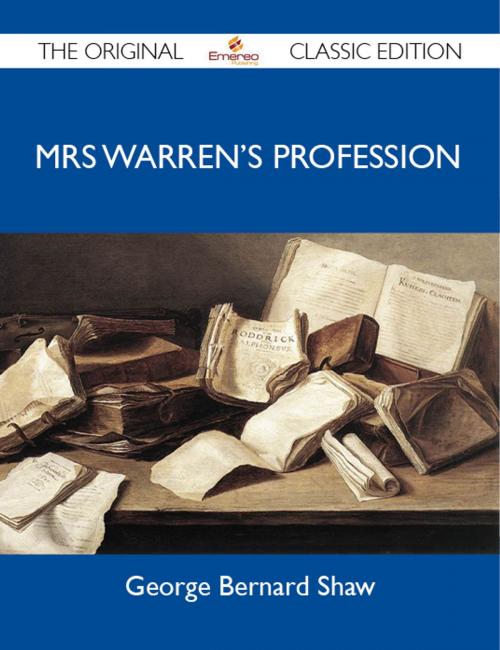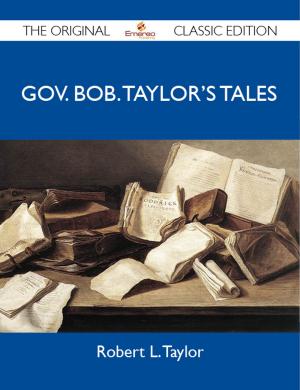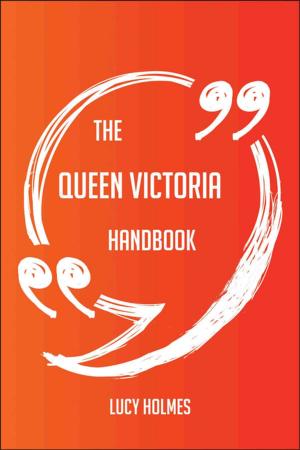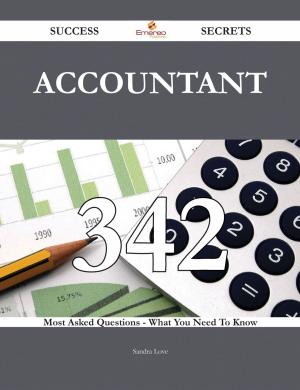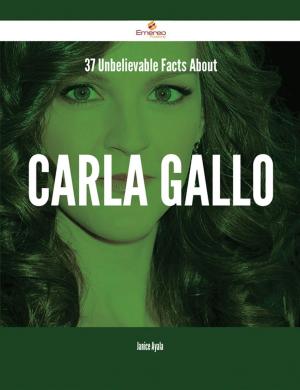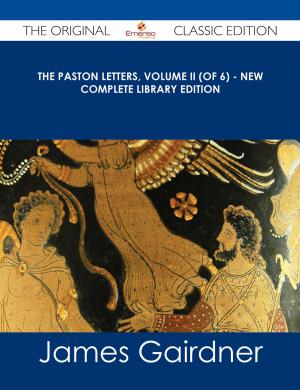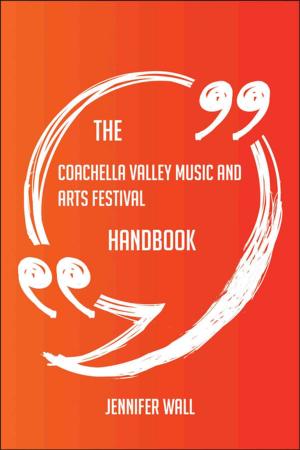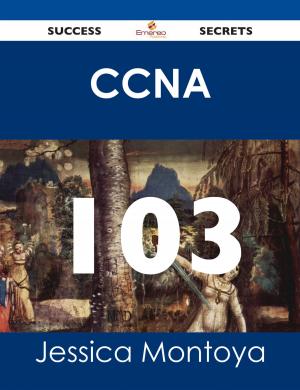Mrs Warren's Profession - The Original Classic Edition
Nonfiction, Reference & Language, Reference, Fiction & Literature| Author: | Shaw George | ISBN: | 9781486418879 |
| Publisher: | Emereo Publishing | Publication: | October 24, 2012 |
| Imprint: | Emereo Publishing | Language: | English |
| Author: | Shaw George |
| ISBN: | 9781486418879 |
| Publisher: | Emereo Publishing |
| Publication: | October 24, 2012 |
| Imprint: | Emereo Publishing |
| Language: | English |
This is a new and freshly published edition of this culturally important work by George Bernard Shaw, which is now, at last, again available to you.
Enjoy this classic work today. These selected paragraphs distill the contents and give you a quick look inside Mrs Warrens Profession:
Mrs Warrens Profession is the one play of mine which I could submit to a censorship without doubt of the result; only, it must not be the censorship of the minor theatre critic, nor of an innocent court official like the Lord Chamberlains Examiner, much less of people who consciously profit by Mrs Warrens profession, or who personally make use of it, or who hold the widely whispered view that it is an indispensable safety-valve for the protection of domestic virtue, or, above all, who are smitten with a sentimental affection for our fallen sister, and would take her up tenderly, lift her with care, fashioned so slenderly, young, and SO fair.
...Let the Kings Reader of Plays, backed by the Press, make an unwritten but perfectly well understood regulation that members of Mrs Warrens profession shall be tolerated on the stage only when they are beautiful, exquisitely dressed, and sumptuously lodged and fed; also that they shall, at the end of the play, die of consumption to the sympathetic tears of the whole audience, or step into the next room to commit suicide, or at least be turned out by their protectors and passed on to be redeemed by old and faithful lovers who have adored them in spite of their levities.
...The incidents of sex which they contain, though carried in both to the extreme point at which another step would be dealt with, not by the Kings Reader, but by the police, do not involve adultery, nor any allusion to Mrs Warrens profession, nor to the fact that the children of any polyandrous group will, when they grow up, inevitably be confronted, as those of Mrs Warrens group are in my play, with the insoluble problem of their own possible consanguinity.
... If the old rule against the exhibition of illicit sex relations on stage were revived, and the subject absolutely barred, the only result would be that Antony and Cleopatra, Othello (because of the Bianca episode), Troilus and Cressida, Henry IV, Measure for Measure, Timon of Athens, La Dame aux Camellias, The Profligate, The Second Mrs Tanqueray, The Notorious Mrs Ebbsmith, The Gay Lord Quex, Mrs Danes Defence, and Iris would be swept from the stage, and placed under the same ban as Tolstoys Dominion of Darkness and Mrs Warrens Profession, whilst such plays as the two described above would have a monopoly of the theatre as far as sexual interest is concerned.
...With the exception of such comments as I was able to make in my own critical articles in The World and The Saturday Review when the pieces I have described were first produced, and a few ignorant protests by churchmen against much better plays which they confessed they had not seen nor read, nothing has been said in the press that could seriously disturb the easygoing notion that the stage would be much worse than it admittedly is but for the vigilance of the Kings Reader.
This is a new and freshly published edition of this culturally important work by George Bernard Shaw, which is now, at last, again available to you.
Enjoy this classic work today. These selected paragraphs distill the contents and give you a quick look inside Mrs Warrens Profession:
Mrs Warrens Profession is the one play of mine which I could submit to a censorship without doubt of the result; only, it must not be the censorship of the minor theatre critic, nor of an innocent court official like the Lord Chamberlains Examiner, much less of people who consciously profit by Mrs Warrens profession, or who personally make use of it, or who hold the widely whispered view that it is an indispensable safety-valve for the protection of domestic virtue, or, above all, who are smitten with a sentimental affection for our fallen sister, and would take her up tenderly, lift her with care, fashioned so slenderly, young, and SO fair.
...Let the Kings Reader of Plays, backed by the Press, make an unwritten but perfectly well understood regulation that members of Mrs Warrens profession shall be tolerated on the stage only when they are beautiful, exquisitely dressed, and sumptuously lodged and fed; also that they shall, at the end of the play, die of consumption to the sympathetic tears of the whole audience, or step into the next room to commit suicide, or at least be turned out by their protectors and passed on to be redeemed by old and faithful lovers who have adored them in spite of their levities.
...The incidents of sex which they contain, though carried in both to the extreme point at which another step would be dealt with, not by the Kings Reader, but by the police, do not involve adultery, nor any allusion to Mrs Warrens profession, nor to the fact that the children of any polyandrous group will, when they grow up, inevitably be confronted, as those of Mrs Warrens group are in my play, with the insoluble problem of their own possible consanguinity.
... If the old rule against the exhibition of illicit sex relations on stage were revived, and the subject absolutely barred, the only result would be that Antony and Cleopatra, Othello (because of the Bianca episode), Troilus and Cressida, Henry IV, Measure for Measure, Timon of Athens, La Dame aux Camellias, The Profligate, The Second Mrs Tanqueray, The Notorious Mrs Ebbsmith, The Gay Lord Quex, Mrs Danes Defence, and Iris would be swept from the stage, and placed under the same ban as Tolstoys Dominion of Darkness and Mrs Warrens Profession, whilst such plays as the two described above would have a monopoly of the theatre as far as sexual interest is concerned.
...With the exception of such comments as I was able to make in my own critical articles in The World and The Saturday Review when the pieces I have described were first produced, and a few ignorant protests by churchmen against much better plays which they confessed they had not seen nor read, nothing has been said in the press that could seriously disturb the easygoing notion that the stage would be much worse than it admittedly is but for the vigilance of the Kings Reader.
